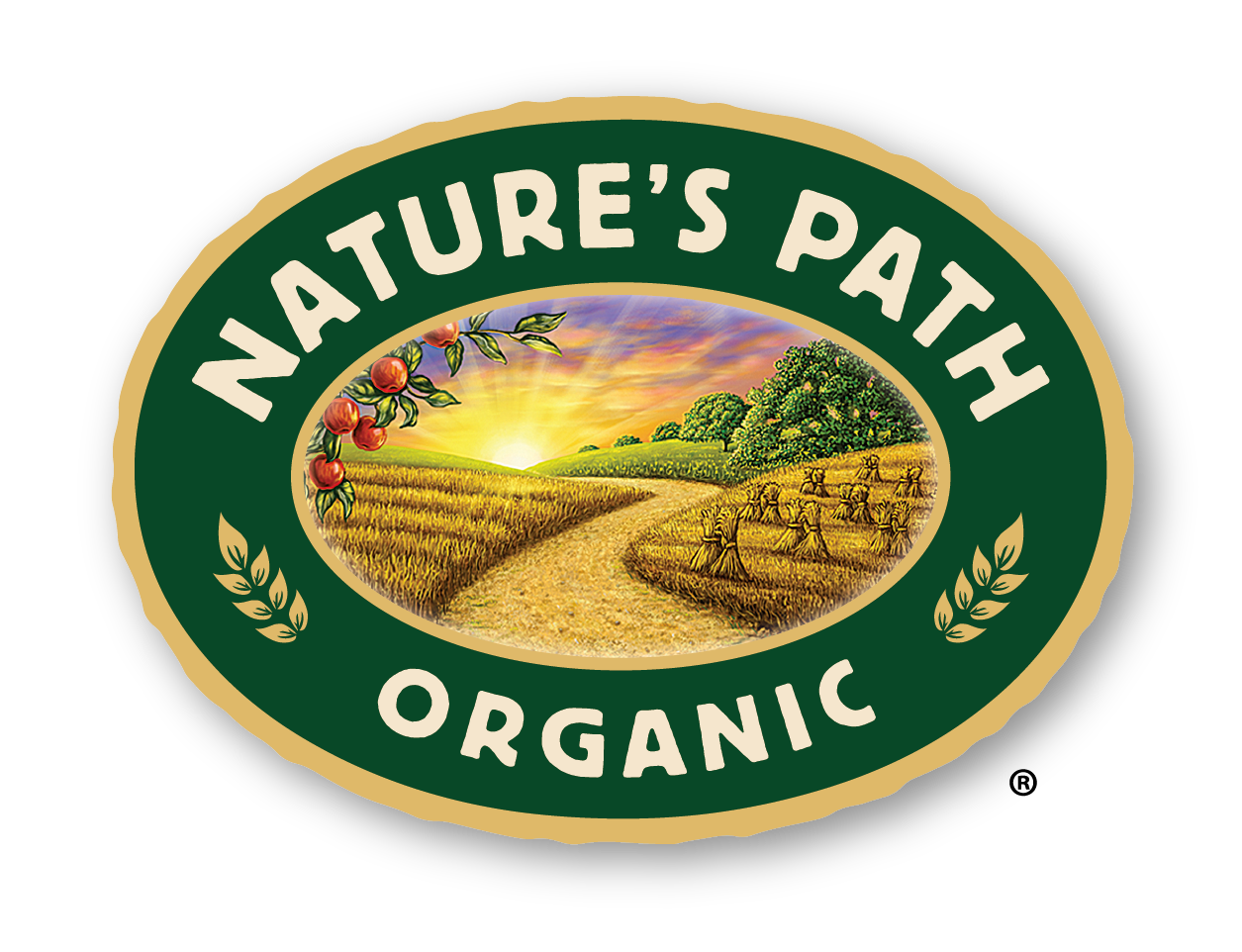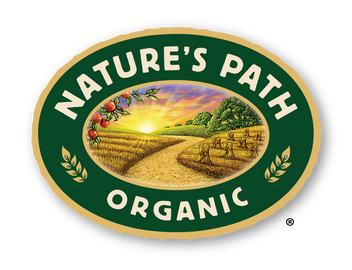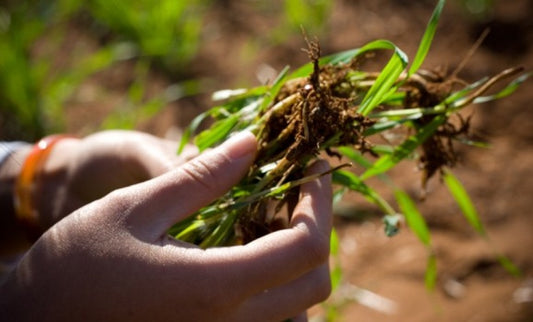What is Dumpster Diving?
At its most basic, dumpster diving is simply the act of taking something out of the waste stream. Collecting cans or bottles to recycle for their return deposit, gathering objects to turn into a sculpture, or salvaging building materials all count. When most people use the term dumpster diving, however, they refer to a movement that began as a response to the wastefulness of capitalism. Despite the name, dumpster diving is relatively clean and safe when done right. When it comes to food especially, diving means knowing a retailer’s or restaurant’s habits and arriving when the items are freshly dumped. Dumpster divers collecting food need to be aware of food safety issues. Skip perishable items too long out of the refrigerator (more than an hour is unsafe). Stick with fresh fruits and vegetables, shelf-stable items, and baked goods instead. Careful divers should also avoid dumpsters with locks, inside fences, or posted with “no trespassing” signs. Trash is public domain. Unless you have to trespass or break other laws to reach the garbage, it’s most likely legal to take it. Dumpster divers are an opportunistic lot, in the way they gather what they find and when they find it. They creatively extend the life of items that would otherwise sit in a landfill. It’s reminiscent of gleaning, a practice nearly as old as agriculture, in which peasants were allowed to gather leftovers from a landowner’s field after harvest. Many landless poor depended on the food gleaned from nearby fields to subsidize their meager rations. The practice continues today. Food banks collect discarded but still edible items from grocery stores, farmers market vendors, and restaurants.Resisting a Culture of Waste
A group of dumpster divers, known as freegans, make an effort to meet all their needs with free items from the trash. It sounds unsavory to go looking in dumpsters for groceries or clothes, but freegans prefer to think of it another way. The production and distribution systems that create so many of the conveniences we enjoy are inefficient. The price of seemingly unlimited choices (and so many things waiting at the ready) is that not everything gets chosen. We throw away about one third of all food produced for human consumption. In developed countries, 40 per cent of that waste happens on the retail and consumer end. Much of it is due to rigid aesthetic standards that have nothing to do with edibility. Freegans see their lifestyle as a way of protesting those inefficiencies. They take it upon themselves to make use of things that just happen to have been thrown out too soon. Many freegans also choose the practice as a way of maintaining a lifestyle outside the confines of capitalism. Unlike natural systems – in which there is no such thing as waste – humans are increasingly dependent on disposability. Because it is based on a notion of infinite growth and fueled by the consumption of goods, our economic system incentivizes waste. Products built to last a long time mean a consumer will only need to buy them once, whereas products designed to need replacement every few years (a practice called planned obsolescence) guarantee repeat purchases. When waste is such a large part of our way of life, it’s not surprising that some people will go to great lengths to resist it.Does Dumpster Diving Make a Difference?
A relatively small number of people identify as freegans or practice other forms of garbage reclamation. Though their efforts keep some things out of the waste stream, it’s a drop in the bucket compared to how much garbage we collectively produce each year. However, as a protest movement, freeganism communicates a strong message. Not everyone is willing to pull items out of a dumpster. However, many of us – when we learn how damaging food waste is – can change wasteful habits. Does one bruise ruin a whole apple or one bad strawberry ruin the whole carton? Embrace your inner freegan and give those slightly aged foods a second chance, with no dive in the dumpster required.Would you like to be the first to hear about our new products and more? Sign up for our Nature’s Path Newsletter.








